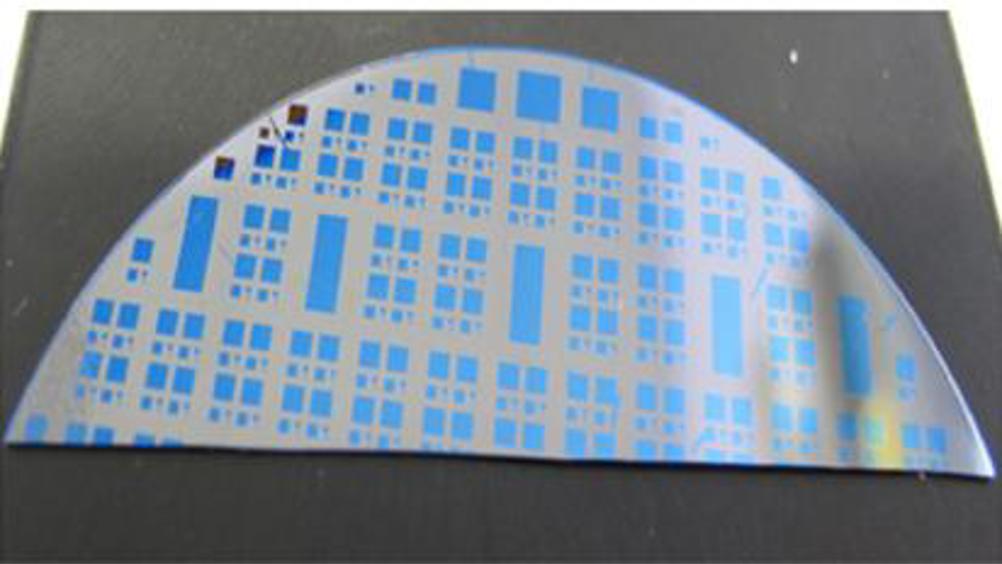'Memristor' electronics could be future for integrated devices
A new type of ‘memristor’ electronics technology could allow the integration of memory, processing and display functions in a one-material device.

Engineers at UCL created a phase-changing memresitor device entirely in silicon that can operate at ambient conditions.
‘We’re reaching the limits of what the current generation of flash technology can do both in limits of scaling and in reliability — as you make them smaller you start having problems trying to dissipate heat from the system,’ said Dr Tony Kenyon, UCL Electronic and Electrical Engineering.
Although a number of novel competing technologies have been proposed, devices based on memory resistors have a emerged as an early leader.
In these ‘memristor’ devices, resistance changes depending on how much current has passed through it. They need just a thousandth of the energy and are around a hundred times faster than standard flash memory chips.
However, previous memristor devices have used expensive materials that require a vacuum to operate effectively.
‘We can control the switching in ambient conditions and it’s all purely in silicon,’ said Kenyon. ‘There are some people who work on resistive switching by diffusing metals in silicon. We don’t do any of that, it’s inherent in the material itself.’
Register now to continue reading
Thanks for visiting The Engineer. You’ve now reached your monthly limit of news stories. Register for free to unlock unlimited access to all of our news coverage, as well as premium content including opinion, in-depth features and special reports.
Benefits of registering
-
In-depth insights and coverage of key emerging trends
-
Unrestricted access to special reports throughout the year
-
Daily technology news delivered straight to your inbox










Water Sector Talent Exodus Could Cripple The Sector
Well let´s do a little experiment. My last (10.4.25) half-yearly water/waste water bill from Severn Trent was £98.29. How much does not-for-profit Dŵr...